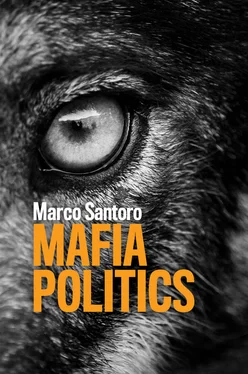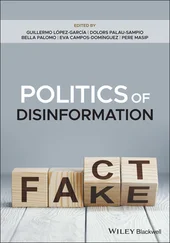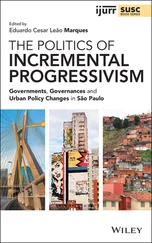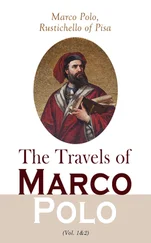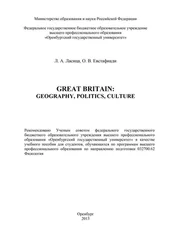1 ...6 7 8 10 11 12 ...23 The scope of mafia groups has always been larger than the individual regions from which they take their various names and to which they extend their jurisdiction. In these overlapping networks comprising entire national societies and their borders, imperialistic projects of political control launched from some centre have had to come to terms with locally grounded instances of mobilization and resistance. In many senses, especially when seen from the southern regions of Italy, the same political mobilization that produced Italy as a national state was one of those imperialistic projects launched by a northern centre. The history of the Sicilian mafia runs parallel to that of the national state at least since 1865 – when the term was used for the first time in an official document to identify the troubling local social conditions of resistance to the new government met by functionaries coming from the north of the peninsula. Emerging mafiosi specialized in mediation between local communities and the representatives of the central state. In Sicily, as in other cases, the mafia emerged as a structure of intermediation and communication between variously identifiable centres and their peripheries (Blok 1974; Schneider and Schneider 1976). But mafias interacted and communicated also among themselves. While there is good evidence that mafias developed autonomously in more than one centre of diffusion (Sicily, Calabria, Naples, New York, Hong Kong, etc.), there are also clues that imitation and exchanges of items and practices have been common among the various instances. This is particularly clear in the case of the Russian mafia, whose adepts have often imitated Sicilian mafiosi to legitimize their identities and acquire an effective technology of the self (see Varese 2001; Volkov 2002; Gambetta 2009).
At the same time, we should notice that even though mafias have developed in many different parts of the globe, they do not exist everywhere, and even in the same country (e.g., the US) not every ethnic group has produced its own mafia. Why mafia develops in some places or among some people and not in others – under the same structural conditions, of course – is something only a culturally sensitive analysis could hope to explain. Using a well-known metaphor (Swidler 1986; see also Tilly 1978, 1995), we could say that the cultural repertoire used by would-be mafiosi has to show some consistency to be recognized as such, and the ingredients for the formation of a mafia-like repertoire of collective and individual practice may not be available everywhere.
This original and constitutive transnational, global scope of mafias explains the subtitle originally imagined for this book: ‘a southern view’. It claims that we gain in both sociological understanding and political effectiveness (that is, in our fight against organized crime) if we recognize the mafia as a culturally based expression/form of political organization, variously developed in its plural instances far from the established centres but always in some relationship with them. This form may have run parallel to the development of the state (and the diffusion of capitalism as well), but it is fundamentally different from the modern state (and capitalism) as institutional mode(s) of organizing political (and, respectively, economic) life.
To describe the mafia as ‘a state inside the state’, a ‘shadow state’, a ‘counterstate’, or as ‘the dark side of capitalism’, a ‘deviant form of capitalist entrepreneurship’ and, last but not least, as an ‘industry’ (if this concept is used in its now common economic sense), misses the point, and loses the possibility of capturing the intimate constitution of a phenomenon that normally overcomes the established boundaries of the individual state and does not necessarily follow those of the (transnational) capitalist system. The mafia has an institutional autonomy which is irreducible to both the state and capitalism, two originally European institutions that have largely monopolized the minds of social scientists – including scholars of mafia – since the nineteenth century, and only in the last two decades have they been subjected to detailed criticism with respect to their usefulness and soundness as universal categories of social analysis . From this angle, the book tries to go beyond the ‘imperialism of categories’ – the academic practice of imposing concepts on the others, in other words, ‘the export of concepts as part of a hegemonic relationship’ (Rudolph 2005, 6) – situating knowledge of and on the mafia in a globalizing world and, above all, in a globalizing social theory (Burawoy 2005; Connell 2007; Patel 2010; Comaroff and Comaroff 2012). In this move, the established intellectual centres are resisted and other centres are reclaimed. It is a southern theory of the mafia that this book aims to develop. Figure 1.1represents the subversive intellectual move the book attempts in a map-like form (from early modern times).
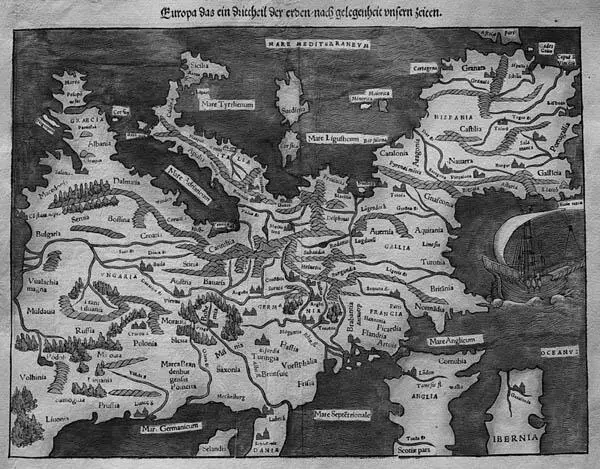
Figure 1.1:The ‘modern description of Europe’, by Sebastian Münster (‘Europa das ein Drittheil der Erden nach Gelegenheit unsern Zeiten’, 1578).
Where Is the ‘Politics’ in Mafia Politics?
As stated previously, this book argues that in looking for core characteristics of mafia(s), we are better placed if we focus our research on the political sphere, on the realm of political institutions and political life. The main tenet of the book is that ‘the political’, as a relatively autonomous sphere of action (e.g., Schmitt 1996 [1932]; Freund 1965; Pizzorno 1986; Meier 1990; Mouffe 2005) that is different from ‘the economic’ or ‘the criminal’ (whatever this means) as such, is at the heart of the mafia. As protection is generally recognized to be one of the central activities – if not the central activity – of the political sphere, and the typical object of political obligation (Tilly 1985; Miglio 2011; see also White 2009; Ferris 2011), we may expect to find mafiosi dealing, like active political actors, mostly (albeit not exclusively) with protection. The historical evidence, in fact, says that mafiosi – in Sicily as elsewhere – typically present themselves as protectors, and that protection is possibly the central, though not unique, function they perform, together with mediation and enforcement, functions that in any case are implicated in the provision of protection.
How they deal with this general activity/object is far from clear, however. It is the main task of this book to throw light on this issue, which lies at the core of mafia studies, restoring to the political meaning of protection its fullness as both a social function and the content of human obligations (see also Ferris 2011). An emphasis on the political nature of the mafia is not totally unprecedented. We can find seeds and fragments of this vision, albeit often hidden between the lines, in authors as diverse as Max Weber (1978 [1922]), Eric Hobsbawm (1959), Charles Tilly (1974, 1985), Anton Blok (1974), Filippo Sabetti (1984), Raimondo Catanzaro (1992 [1988]), Umberto Santino (1994), Vadim Volkov (2002), Jane and Peter Schneider (2004) and, more recently, Randall Collins (2011). Never either explicitly or openly discussed, the equation between mafia and politics (or political rule) was already apparent in Gaetano Mosca’s foundational text on political science (originally published in 1896), as the following excerpt attests:
Psychological and intellectual isolation on the part of the lower classes, as well as too noticeable differences in beliefs and education between the various social classes, give rise to social phenomena that are very interesting to the student of the political sciences, dangerous as they may be to the societies in which they occur. In the first place, as a consequence of their isolation within the lower classes, another ruling class, or directing minority, necessarily forms , and often this new class is antagonistic to the class that holds possession of the legal government. When this class of plebeian leaders is well organized it may seriously embarrass an Official government. In many Catholic countries the clergy is still the only authority that exerts any moral influence over the peasantry, and the peasants extend to the parish priest all the confidence that they withhold from the government official. In other countries, where the people look upon the public functionary and the nobleman if not exactly as enemies certainly as utter strangers, the more resolute and aggressive of the plebeians sometimes succeed in organizing widespread and fairly permanent associations, which levy assessments, administer a special justice of their own and have their own hierarchies of officials, their own leaders, their own recognized institutions . So a real State within the State comes into being, a government that is clandestine but often more feared, better obeyed, and if not better loved certainly better understood, than the legal government . (1939 [1896], 116–17; emphasis added)
Читать дальше
